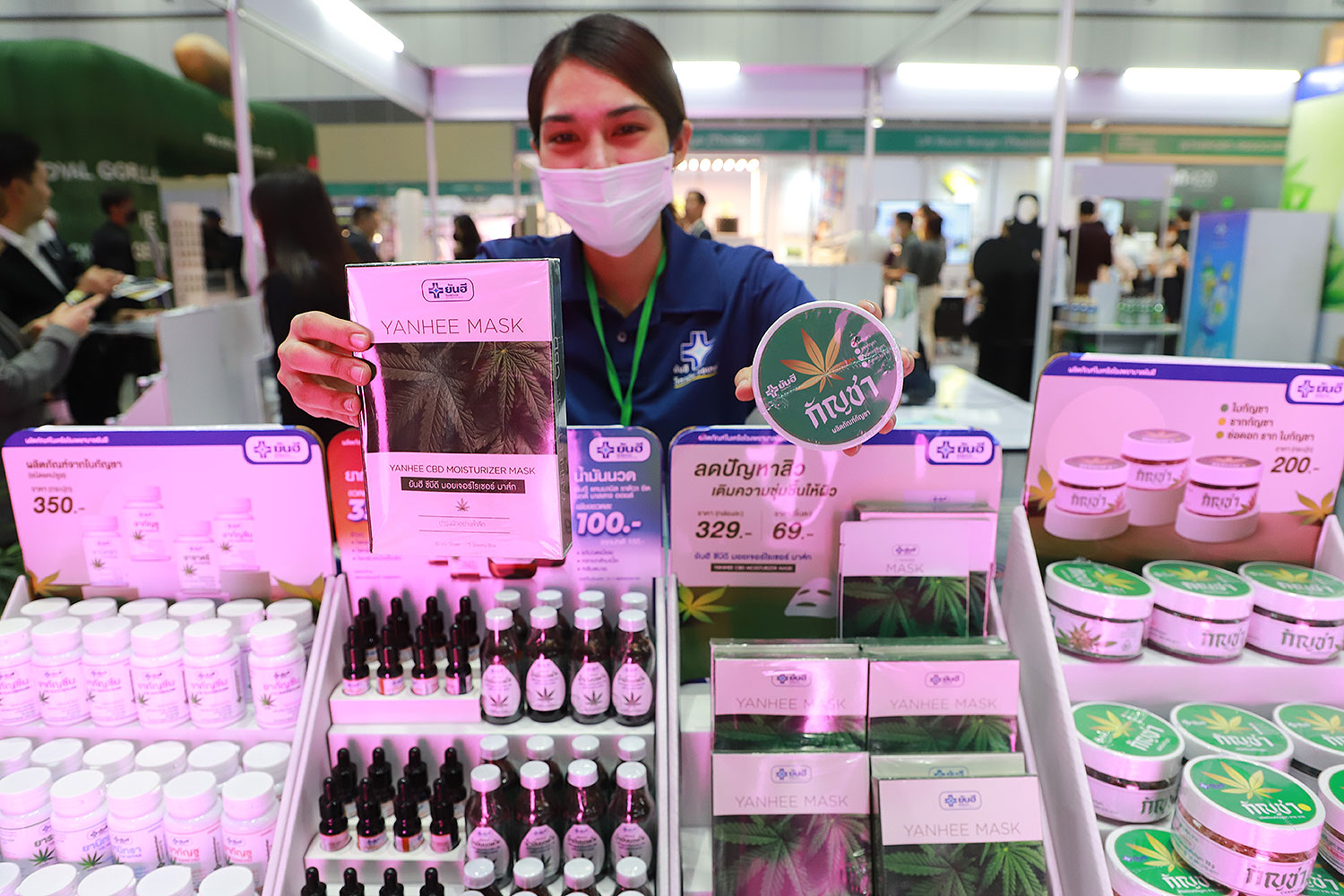
Since December, MPs have been working on getting the long-awaited cannabis and hemp control bill to pass its second reading. This push is a breath of fresh air not only for patients and medical practitioners but also investors looking to export cannabis as a cash crop.
The reason? The bill had been filibustered by a number of political parties, both in the government coalition and the opposition, since September, with the Democrat, Pheu Thai, and the libertarian Move Forward Party (MFP) withdrawing their support for the legislation, which aimed to lay out the rules to control cannabis consumption after it was deregulated in June last year.
Without such controls, there are growing concerns that the government's policy will lead to the unchecked use of cannabis outside its intended purpose, especially among school-age children.
Those concerned by the deregulation of cannabis are calling on the Ministry of Public Health to re-list all parts of the cannabis plant as a narcotic. If their demand is met, then cannabis will once again be categorised as an illicit drug, meaning over one million people -- including patients who rely on cannabis-based treatment -- are at risk of facing criminal charges.
In the last reading, the committee vetting the regulation decided to remove Section 3 of the bill as a compromise. That means no part of the cannabis plant is considered a narcotic except cannabis extracts containing more than 0.2% of tetrahydrocannabinol (THC), the principal psychoactive constituent of cannabis.
The bill includes safeguards such as a ban on advertisements and online sales, and hefty penalties for violators, especially those found to be selling cannabis to anyone under the age of 20, as well as to pregnant women. That said, the bill contains provisions which allow the public health minister and other concerned ministers to permit recreational use in certain areas in a bid to promote tourism.
The draft law bans cannabis smoking in shops and public spaces. If passed, it would require all growers, even at a household level, to notify their local authorities and get the required permit to grow cannabis.
The lengthy draft bill -- with its 96 sections -- is far from perfect. It doesn't contain any clauses to protect youths from cannabis exposure at home, nor does it contain any provisions to deal with cannabis shops which are mushrooming in and around tourist destinations.
There needs to be thorough consultation among MPs to rewrite and plug all loopholes in the bill. The last thing the people want to see is their MPs filibustering the bill once again for their own political goals.
It is impossible to bring back the clock, treat cannabis as a narcotic once more, and put those who use and grow it in jail. Such a perspective is out of sync with reality. Cannabis is a known and popular treatment for a number of common ailments.
In Canada, Georgia, Malta, Mexico, South Africa and Uruguay, as well as some states in the United States, recreational consumption is permitted.
What society wants is effective enforcement of the legislation to properly regulate the use of cannabis -- especially to prevent it from falling into the wrong hands.
Despite threats by opposition MPs -- especially from the Pheu Thai Party -- to vote the bill down, it is hoped that lawmakers can bury the hatchet and show they are up to the task of creating a law that prevents misuse of cannabis and allows people to make the best use of it.
